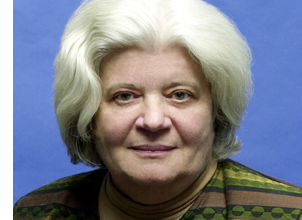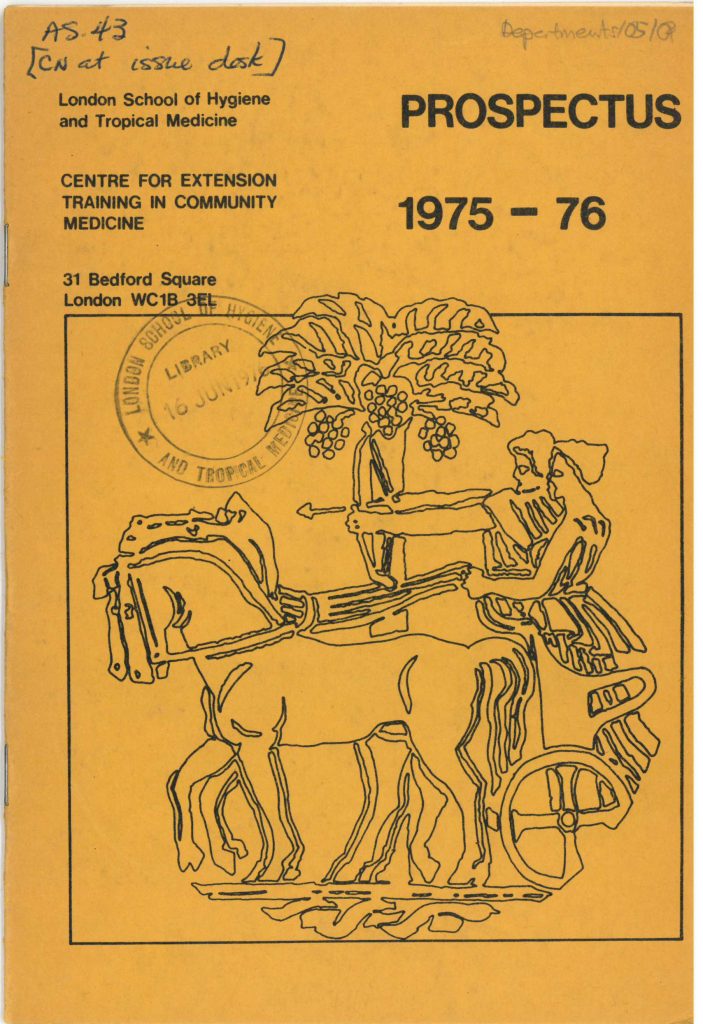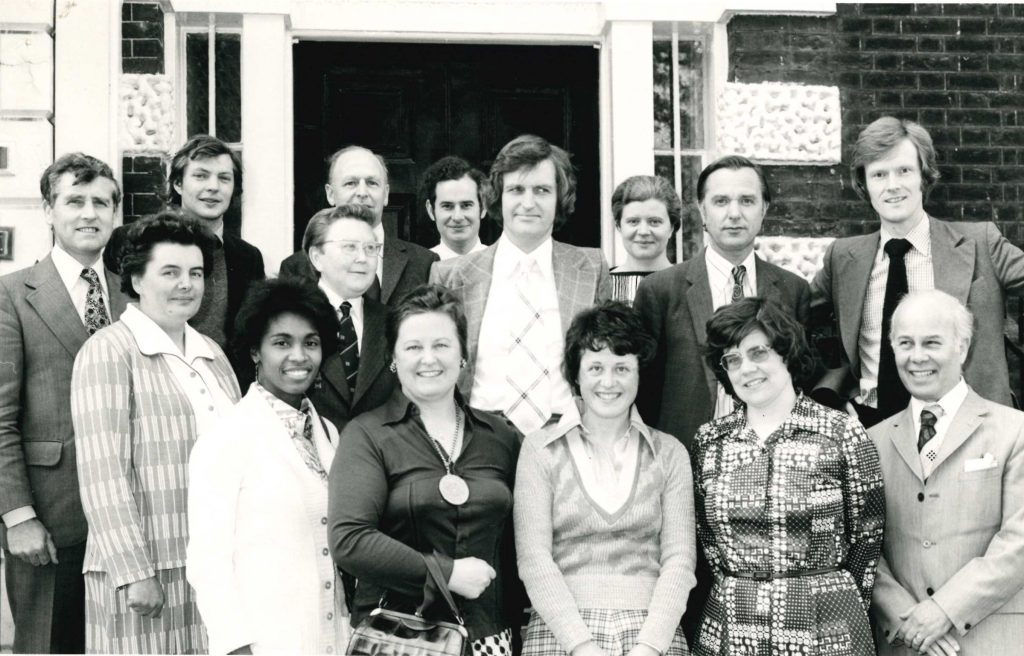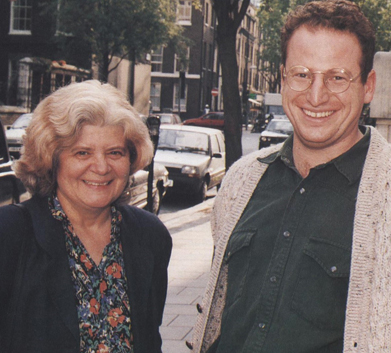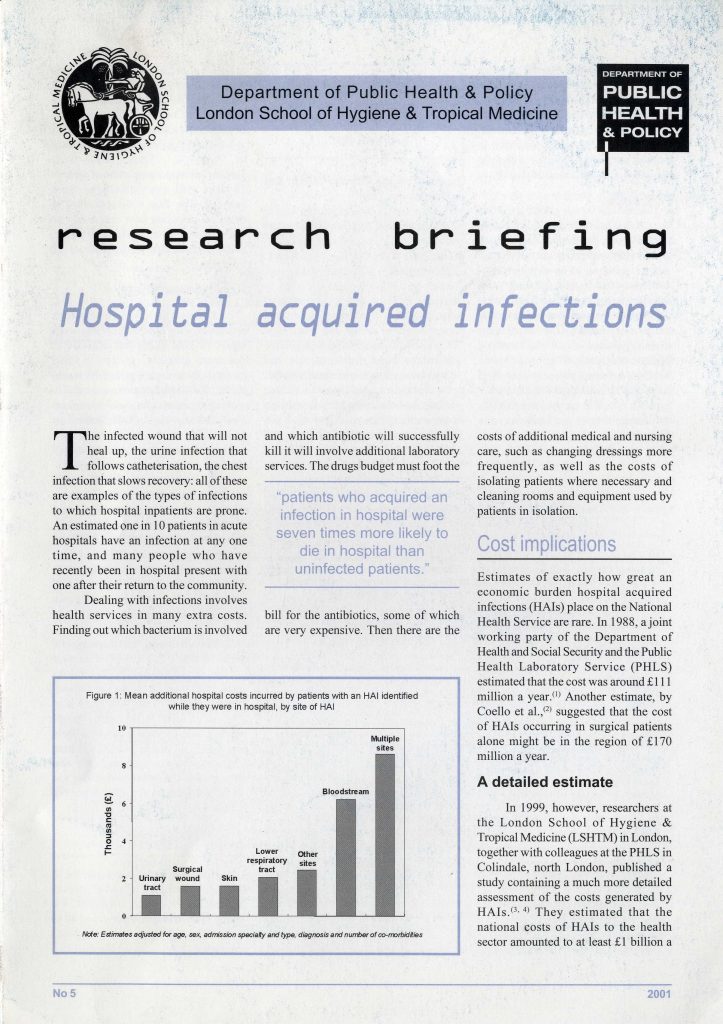September 1938 – 11 April 2014
Early Career
Jennifer Roberts was born into a mining family in North Wales. She won a miners’ scholarship to the London School of Economics aged 21. In 1973 she became a research fellow at the London School of Economics having written her PhD on macro-economics and the history of economic thought.
In 1972 the Centre for Extension Training in Community Medicine, funded by the government and based in Bedford Square, was established by LSHTM to provide specialist training for public health and community medicine personnel involved in the first major re-organization of the National Health Service. Roberts provided the economics teaching.
The first economist to be employed by the School, Roberts played a key role in establishing Health Economics as an internationally important field. With Brian Abel-Smith, she established the MSc in Health Policy, Planning and Financing, which proved the seed-bed for the establishment and expansion of the discipline of Health Economics at LSHTM and internationally.
Research work
From the 1970s on, Roberts undertook much research into NHS primary and community healthcare, including research into NHS staffing (‘Medical Manpower’), primary care treatment in A&E; and in the 1990s projects looking at the efficacy of virtual or tele consulting, in some ways anticipating today’s use of e-consultations.
In the 1990s Roberts was involved in research on communicable diseases linked with poor hygiene management, such as Hospital Acquired Infections including MRSA (methicillin-resistant Staphylococcus aureus), and a major E Coli 0157 outbreak in Scotland. As part of the response to these problems, Roberts set up the Masters programme in Infectious Disease Control, to educate a new generation of public health workers. The programme still continues.
Her extensive research revealed the economic burden, both for providers of health care, and for those affected by disease. Roberts’ last major publication, The Economics of Infectious Disease (Oxford: 2008) is a testament to the importance of her discipline in the management and control of of infectious disease.
The Roberts collection is a fascinating archive for anyone researching changes and developments in UK healthcare from the 1970s to 2000s. Roberts was a pioneer: an innovative economist who saw that her discipline could benefit health services and patients.






